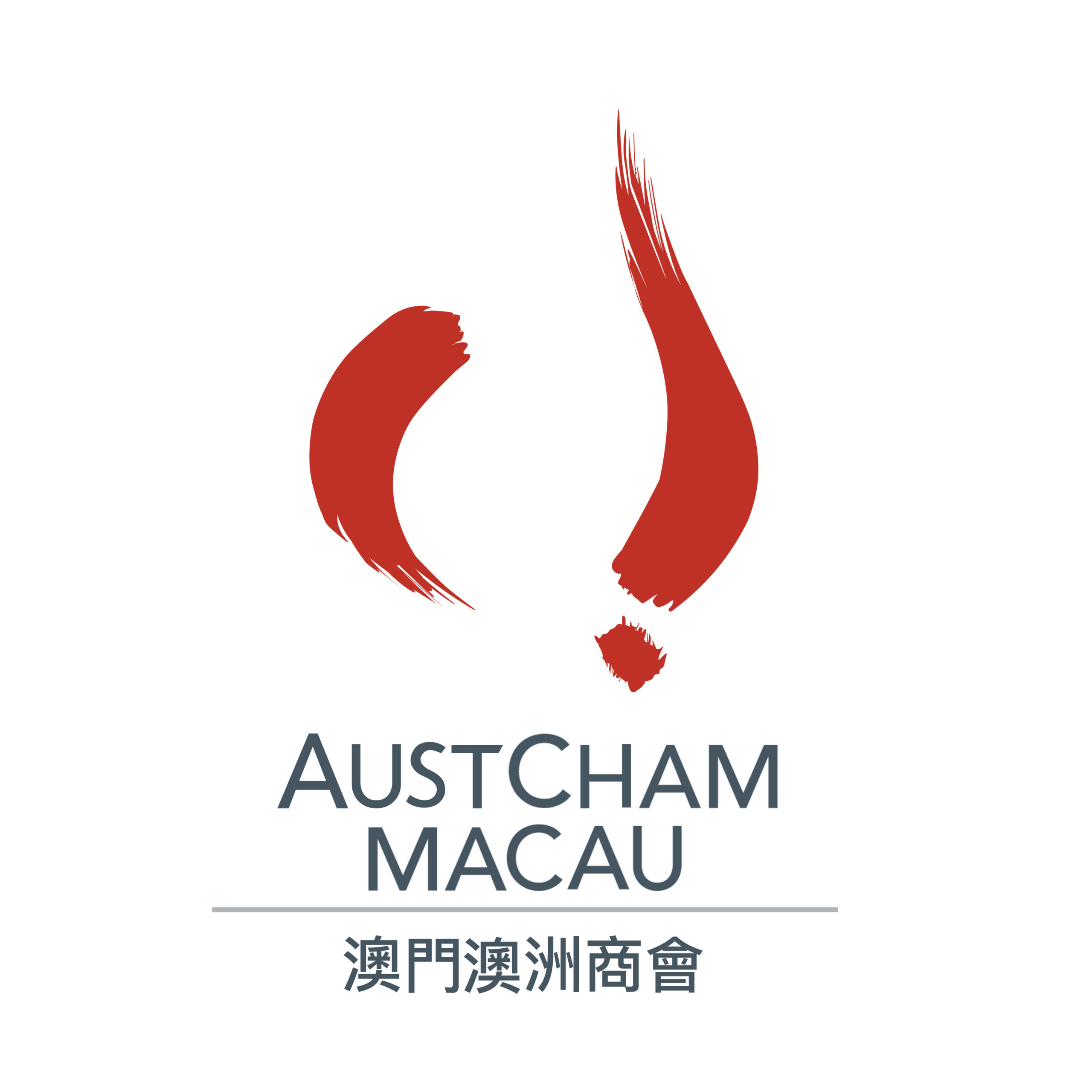Food for Thought – A fifty-year Journey
By Sir Billy Chan
The People’s Republic of China is about the celebrate the 72nd anniversary of the founding of this great nation. I thought of this the other day whilst watching a video promo about the Guangdong, Hengqin and Macau Cooperation Zone just announced by the State Council.
It was televised on both Cantonese and Portuguese TV channels in Macau. The beautifully produced promotional video presents inspirational visions that confirm the importance of an integrated approach to the Greater Bay Area (GBA). Looking ahead to development visions of Hengqin, it is apparent that this part of Zhuhai to be conjoined with Macau will be a new city of tomorrow. As such, this city will certainly determine the future of Macau—and place those in Macau in a opportune spot to stimulate business accordingly. Even this humble Aussie Chamber of Commerce in Macau.
Over the past decade, many say Xi’s policies have been a blessing for the new China. Others point out that the Belt and Road Initiative (BRI) affords enormous opportunities for trade and commerce in our region here in southern China. These include Xi’s idea of forming the Greater Bay Area to target the year 2035 for all major cities of this region to merge and become an economic powerhouse. This will create the world’s biggest global Metropolitan marvel with Macau, Zhuhai, Zhongshan, Foshan, Guangzhou, Shenzhen and Hong Kong all connected with super highways, bridges, high-speed trains and fast telecommunications. This is all based on the very forward-thinking vision of President Xi. The writing on this has been on the wall since at least 2013 when the BRI was announced.
Sadly, the Trump years and certain Aussies following this have complicated global business in China for Australian businesses. For the past few years our Australian leaders in Canberra have been reluctant to repair our long-term relationship with China that Gough Whitlam and so many everyday Aussies have developed for decades.
Recently, I spoke with a friend of mine. He is a chef working back in Perth. He described the relationship of the two nations in a rather funny way. He said, “Mate, the authentic sweet and sour soup has become too hot and too sour, it is such an unpalatable meal. We need to change the recipe otherwise we will bloody close up.”
This was a biting comment; quite a mouthful of food for thought.
It made me think of some history. Australia’s first policy success score that set the backdrop for the goodwill with the People’s Republic of China began with our former Prime Minister Gough Whitlam of the Labor party. Good old Gough led a groundbreaking trade delegation to China in June 1971—a month before wily U.S. president Richard Nixon did.
According to records from the Whitlam Institute at Western Sydney University, the Chinese promised Gough during the trip that, “Trade in wheat can be carried out smoothly only if normal political relationships apply between our two countries.” The Whitlam Institute further notes that the Australians on that delegation took a huge liking to Chinese beer—so it was even served to them over brekkie. To further lubricate the good mood, Chinese Premier Zhou Enlai arranged for a special birthday party for Gough’s 55th, which fell during the trip. The birthday bash was held at the historic Peace Hotel on the Bund in Shanghai with views of Pudong when it was endless fields of rice with melancholy jazz tunes from the 30s in the air.
Journos on the trip touted its success, with one writing that, “It will become a part of Australian political folklore and Mr. Whitlam is the beneficiary.” Another reporter wrote that it was, “A masterpiece in diplomacy, public relations, mental agility and sheer tactics.”
However, a firestorm of criticism awaited him back in Australia. But he prevailed and defeated Prime Minister William McMahon, who had slammed Gough as being soft on the communists for going to China to begin with.
Less than a month into office in late 1972, Gough secured a joint-communique with the Chinese via Paris that stated that formal diplomatic relations had been established. This also meant handling the hairy matter of Taipei. Australia officially recognised the PRC’s Central Government as the sole, legitimate government of China. In a bold move, Gough then recalled the Australian ambassador in Taipei and shut down the embassy there.
For his goodwill with Chinese Premier Zhou Enlai in 1971, and subsequent diplomatic actions in the early 1970s, a grand embassy space in Beijing was given to Australia, among the biggest in the capital to this day. Indeed, Gough was the first Australian PM to set foot in the PRC, with a visit in October 1973. This historic step put Australia onto a strategic trajectory to start welcoming some of the finest Chinese minds to come study down under and the rest is history.
Today, let’s face it. The latest studies are clear. There will be over one billion Asians joining the global middle-class club by 2030. Remember, China (1.4 billion), India (1.3 billion) and ASEAN (655 million) constitute nearly half the world. And Macau is right amidst the nexus of this dynamism, as is Australia.
China now accounts for approximately 20% of global middle-class expenditures. The US, by comparison, is in second place at only around 11% of global middle-class spending. China will continue to expand its new infrastructure and incentives for this dynamic region. There is no doubt China will continue to grow its economy swiftly. China is currently the largest economy in Asia. Geographically speaking, Australia is not situated in Europe or Northern America. Our leaders should and must put extra effort in prioritising the permanency and mateship in the region especially with an old friend China because at the end of the day this determines the prosperity of our future generations. We will soon be changing the phrase from how to keep up with the “Jones” to the “Chans” or “Zhangs”.
